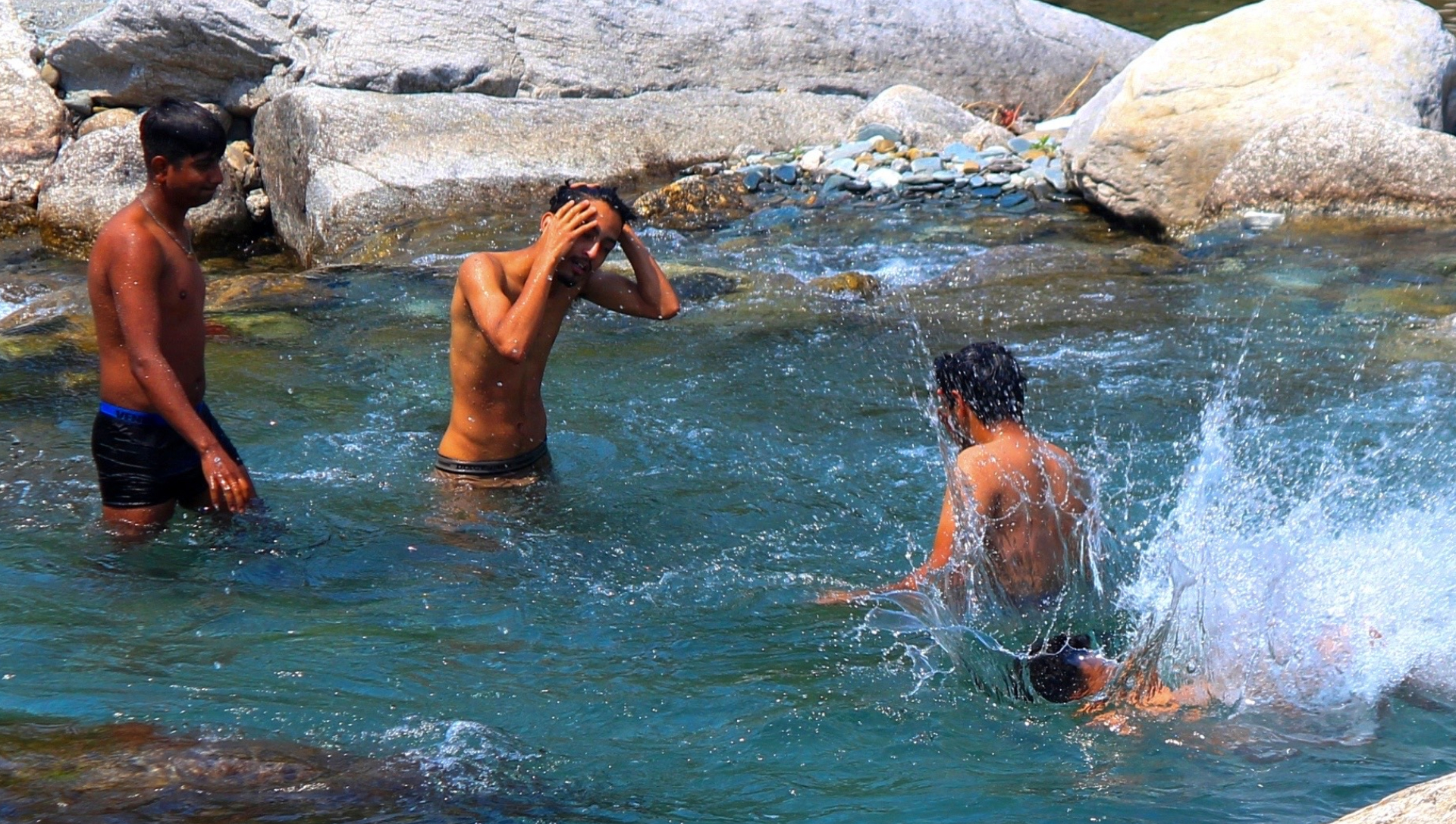

After a scorching February, get ready for heatwaves, observes IMD

Things are getting hotter when it comes to the weather. The Indian Meteorological Department (IMD) issued a warning of severe weather conditions in March after February was reported as the warmest month in 122 years.
The IMD, which has been keeping weather records since 1901, observed that the monthly average maximum temperature over the Indian region was the highest for February since 1901. Additionally, the monthly average minimum temperature was the fifth-highest for February since 1901.
IMD on Tuesday, February 28, said, “It is a very warm February on record. In terms of countrywide maximum temperatures, February ranked no. 1 with 29.54 degrees Celsius. In terms of minimum temperature, the month ranked No. 5, with 16.31 degrees Celsius.”
The IMD has predicted that above-normal maximum temperatures are likely to prevail over most parts of northeast India, east and central India, and some parts of west India during the upcoming hot weather season from March to May. However, normal to below-normal maximum temperatures are expected in the remaining parts of the country.
IMD also said that the warmest February was caused by reduced thunderstorm and rainfall activity, clear skies, and anti-cyclones that led to higher temperatures, which were the highest since 1877. Although the number of heatwaves in March is expected to be lower, April and May are predicted to see more heatwaves and escalating temperatures.
“We need to consult with all stakeholders and various ministries, and then an action plan will be put in place,” IMD said.
The upcoming hot weather season will enhance the probability of the occurrence of a heatwave over several regions of central and adjoining Northwest India.
The Union health ministry has issued an order to all the states and UTs regarding heat-related illness following the upcoming summer months.
From March 1, daily surveillance on heat-related illnesses under the National Programme on Climate Change and Human Health (NPCCHH) will be conducted in all states and districts using the Integrated Health Information Platform (IHIP).
The ministry has asked to “ensure that all the health facilities participate using existing P-form level login information and continue to keep line lists of cases and deaths as per the prescribed formats”.
Speaking to The New Indian, environmentalist Manu Singh said, “The impact of an anthropocentric climate change is being witnessed in every realm of life. As per IMD, this was the hottest February since 1960, and March through May would be excruciating in terms of a rise in mercury. These are clear signs that we are failing not only in terms of curbing our population but also falling short in supplying greener energies and resources to our ever-multiplying needs.”
“This will eventually lead us on a disastrous path as a continuous rise in already soaring temperatures, as witnessed in the last few years, will not only be destroying polar ice caps and sensitive ecosystems but also cause extreme and erratic weather conditions across the season spectrum,” Singh further added.